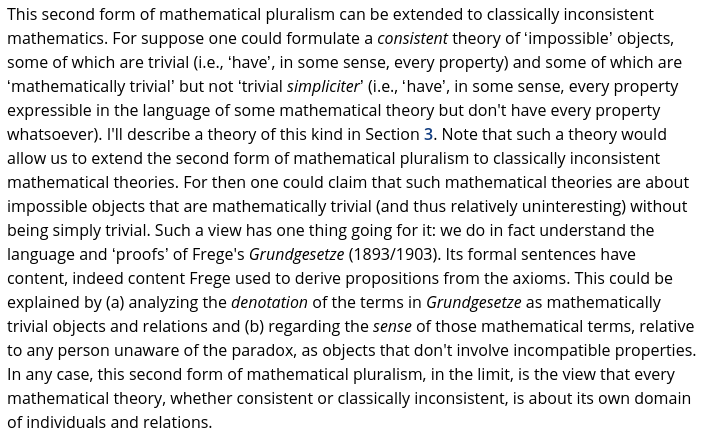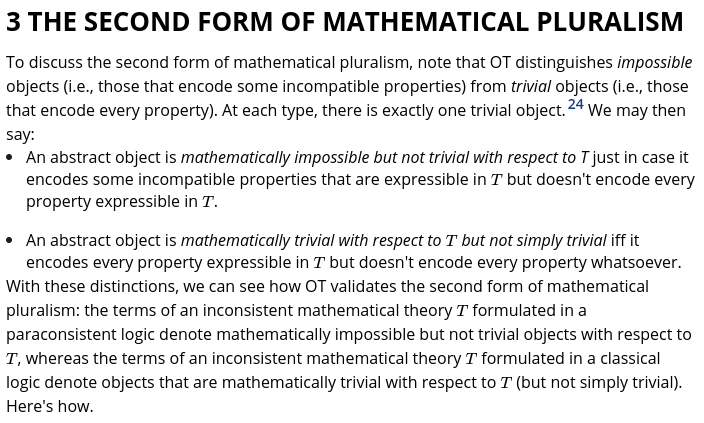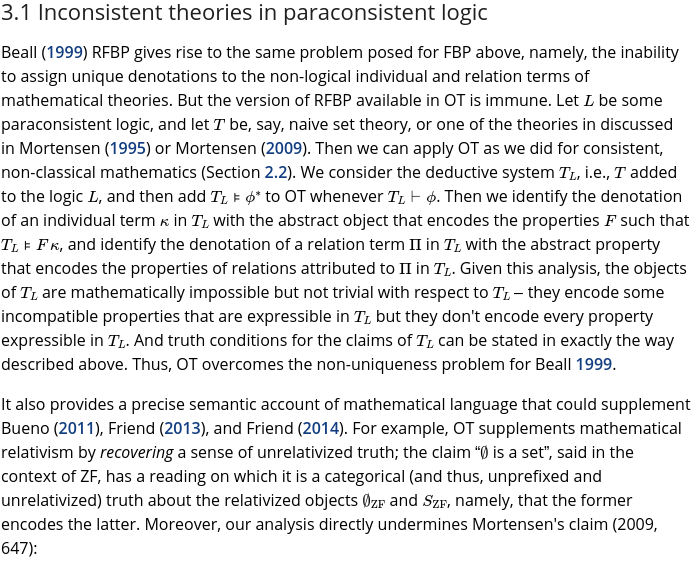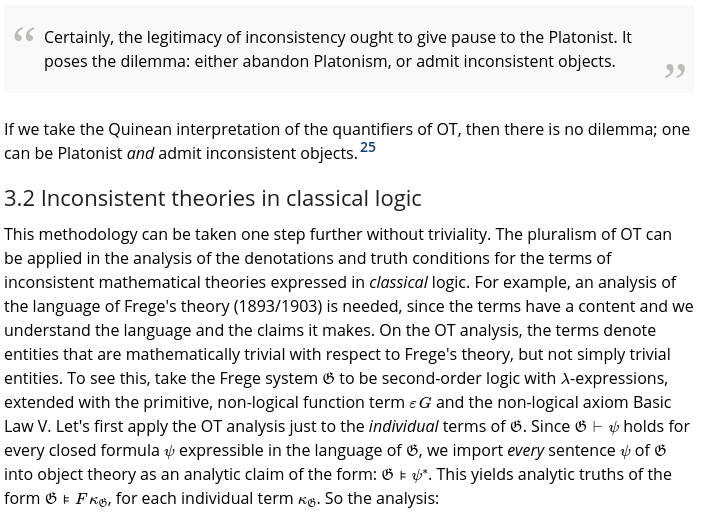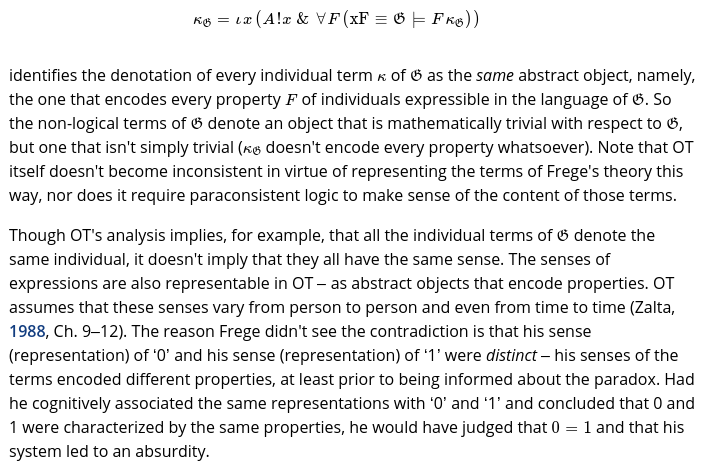Trivialism is the view that every contradiction is true and accepts the principle of explosion of inconsistencies
Paraconsistency in turn is an attempt to study contradictions in a controlled way. Paraconsistency accepts some contradictions (but not all contradictions) and takes the principle of non-explosion (similarly to the principle of non contradiction of classical logics) to avoid trivialism
However, if paraconsistent logics "isolate" contradictions to avoid the principle of explosion to study them in a controlled manner, couldn't a paraconsistent system "isolate" a trivialist system to study it with control?

